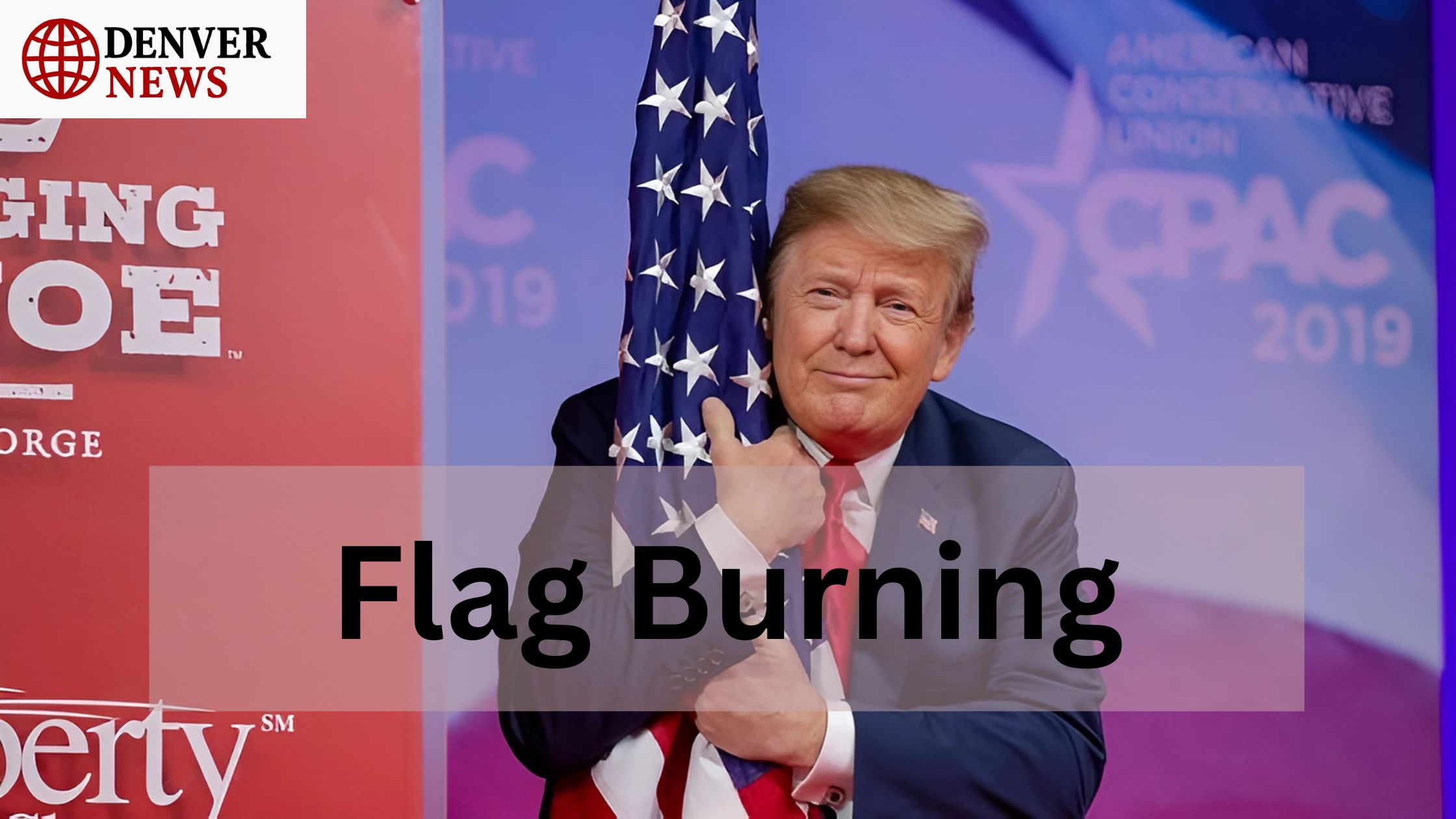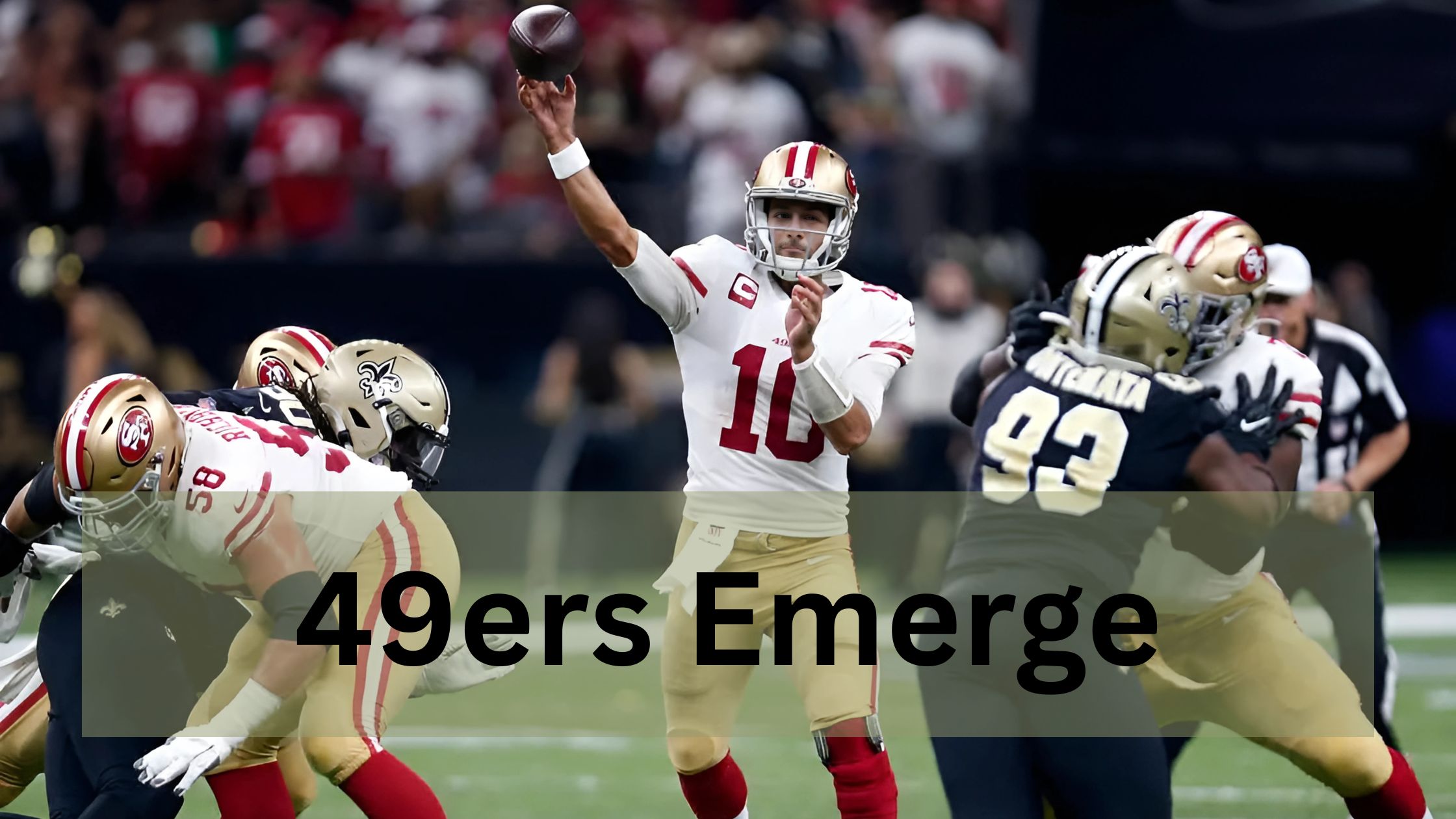The flag burning executive order directs the Attorney General to prioritize the prosecution of individuals who violate laws in ways that involve desecrating the flag. This includes pursuing litigation to challenge and “clarify the scope” of the First Amendment as it relates to this specific act.
This directly confronts a decades-old Supreme Court precedent. In the landmark 1989 case Texas v. Johnson, the Court ruled that burning the flag is a form of symbolic speech protected by the Constitution’s guarantee of free speech. The Trump flag burning order signals an intent to test that ruling anew, potentially asking a differently composed Supreme Court to overturn its own precedent.
Furthermore, the order has significant implications for non-citizens. It instructs the Secretaries of State and Homeland Security to deny visas, revoke immigration benefits, or begin removal proceedings against any foreign national found to have desecrated the flag.
What is Cashless Bail? And Why End It?
The second major policy move targets criminal justice reform, specifically the practice of cashless bail. Also known as bail reform, this system allows individuals accused of crimes to be released before trial without having to pay monetary bail. Instead, judges assess their risk of fleeing or being a danger to the community.
Proponents argue that cashless bail prevents the incarceration of low-risk, often low-income individuals simply because they can’t afford to pay, allowing them to keep their jobs and families intact while awaiting trial.
Opponents, a view strongly echoed by the President, argue that these systems can lead to the release of dangerous individuals who then go on to commit additional crimes while awaiting trial.
The executive order aims to “end cashless bail” across the country, pushing for a return to systems that use monetary conditions to ensure defendants return to court. This move would likely involve federal pressure on states and localities that have adopted these reforms, though the exact mechanism for a federal override of state judicial procedures remains a major legal question.
A Certain Path to Legal Challenges
Legal experts from across the spectrum were quick to point out the thorny constitutional issues both orders present. The flag burning directive, in particular, is seen as a direct challenge to a settled interpretation of the First Amendment.
“The Supreme Court has been exceptionally clear on this issue,” said constitutional law professor Elena Roberts. “An executive order cannot simply wish away a fundamental constitutional right. This is less about law and more about making a political statement that will rally a base, knowing it will be tied up in courts for years.”
The push against cashless bail also faces hurdles, primarily concerning the limits of federal power over state-level criminal justice systems.
The Bottom Line
These executive orders from President Trump are less about immediate, nationwide change and more about setting a definitive political agenda and triggering a national conversation—and legal fight—over symbols, safety, and the constitution.
They reflect a philosophy that prioritizes national symbolism and a tough-on-crime approach, willing to challenge judicial precedent to do so. Whether these orders will withstand the inevitable court challenges is an open question, but one thing is certain: they have successfully reignited a deeply emotional national debate that is now headed straight for the Supreme Court.
Other Using link https://denverenews.com/north-west/







